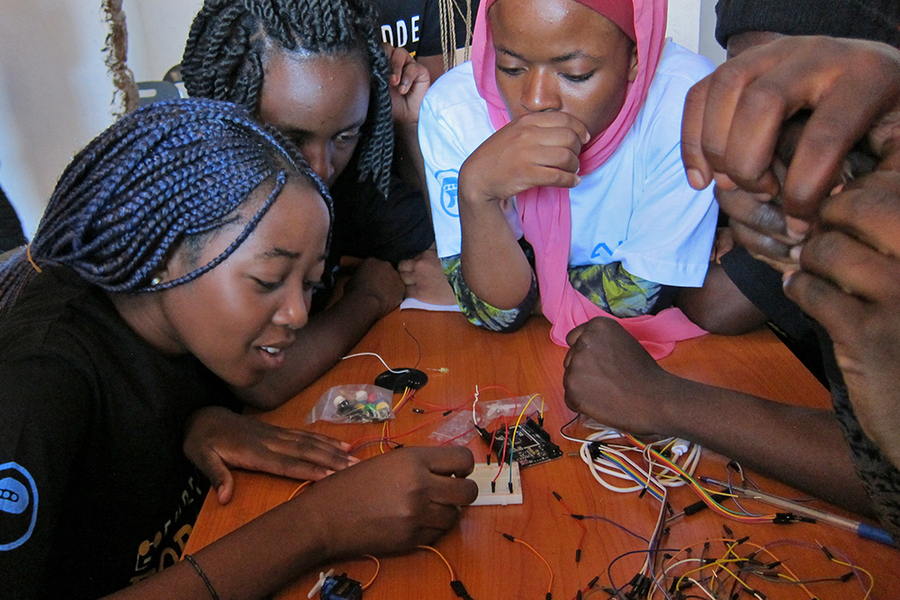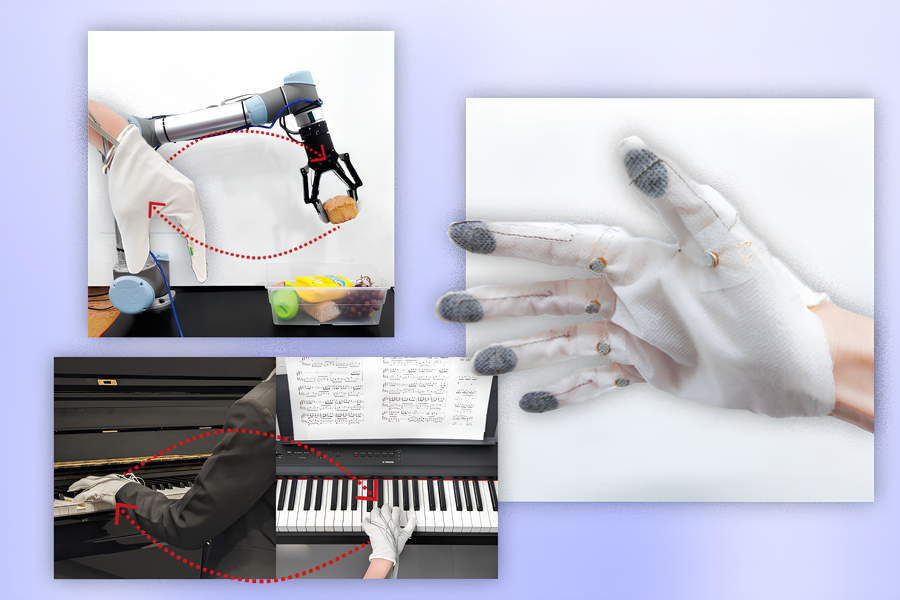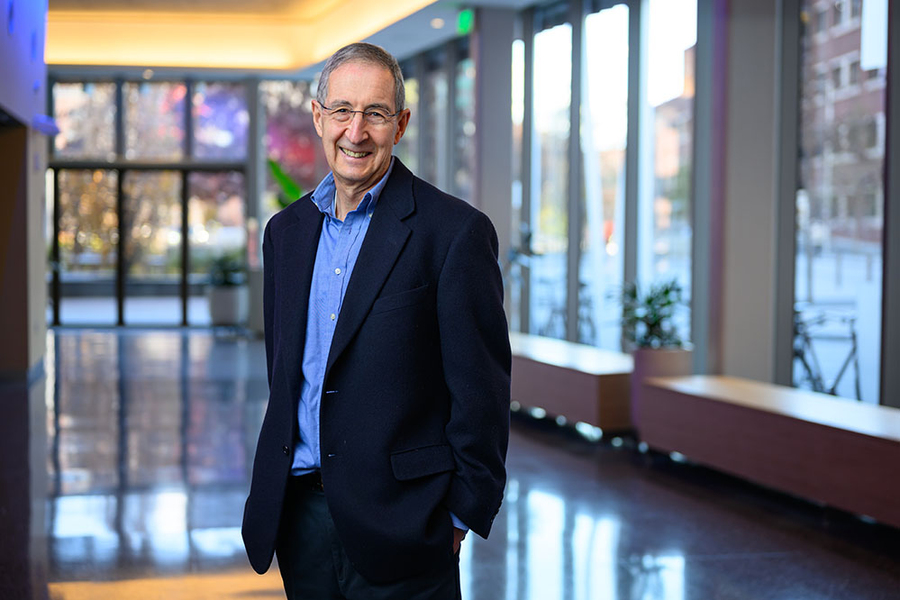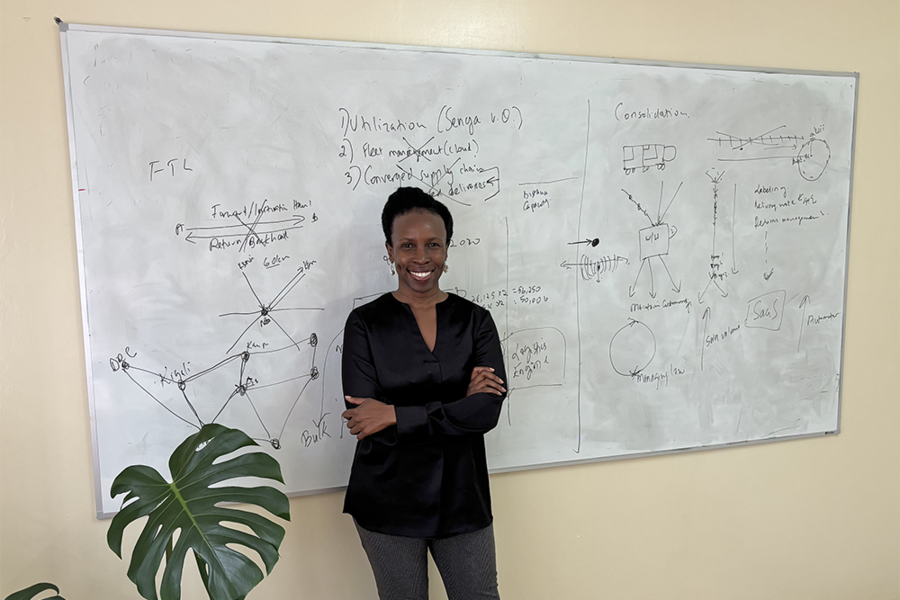After acquiring data science and AI skills from MIT, Jospin Hassan shared them with his community in the Dzaleka Refugee Camp in Malawi and built pathways for talented learners. Read more
News
“We must remember that intelligence is not enough,” Dr. King wrote. “Intelligence plus character — that is the goal of true education.” Read more
Improvements to core functionality are going to be needed to help students build their own understanding. Soon after ChatGPT was unveiled, Khan Academy announced Khanmigo, a ChatGPT-powered tool that, among other things, can be used to tutor students.
Adaptive smart glove from MIT CSAIL researchers can send tactile feedback to teach users new skills, guide robots with more precise manipulation, and help train surgeons and pilots. Read more
Are you looking to expand your knowledge or develop new skills? MIT Open Learning offers free educational resources available to anyone across the globe. Learn more
Leon Sandler reflects on 18 years of helping MIT faculty make their research have real-world impact. Read more
The N51 Garage, nicknamed “Area 51” has advanced tooling that includes CNC lathes and milling machines, an injection molding machine, and a water jet cutter — all making it possible for teams to create almost any part they need. The garage is filled with notes and memorabilia left behind to inspire current students.
CSAIL Professor Hal Abelson has a long history of looking at the importance of Computer Science education and helping shape its future. Listen as he joins Kara Miller in conversation to discuss how AI will shape education moving forward.
June Odongo uses free, online MIT courses to train high-quality candidates, making them job-ready. Read more
In a study of 12 to 14-year-olds whose socioeconomic status (SES) varied widely, the researchers found that children from lower SES backgrounds showed less sensitivity to reward than those from more affluent backgrounds.









